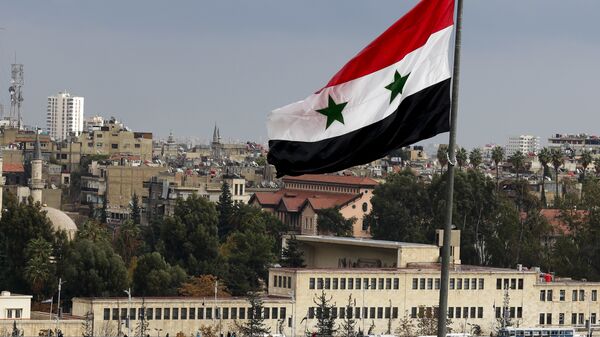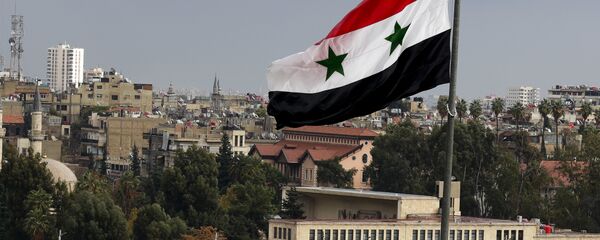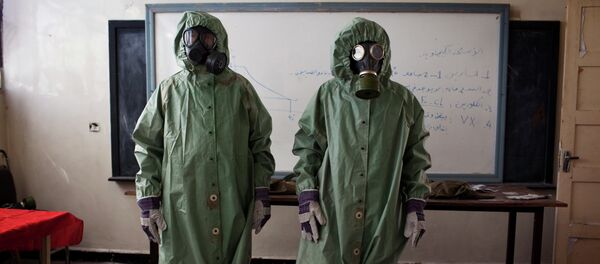According to the Council’s decision, published Tuesday, the newly added officials are Syrian Armed Forces Brig. Gen. Samir Dabul, Brig. Gen. Ali Wanus, Brig. Gen. Yasin Ahmad Dahi, Air Force Brig. Gen. Muhammad Yousef Hasouri, Maj. Gen. Malik Hasan, Maj. Gen. Jayyiz Rayyan Al-Musa, Maj. Gen. Mayzar 'Abdu Sawan and Republican Guard Brig. Gen. Isam Zahr Al-Din.
The other recently sanctioned persons are engineers Mohammad Safwan Katan, Mohammad Ziad Ghritawi, Mohammad Darar Khaludi, Khaled Sawan and Raymond Rizq, as well as lab-technicians Fawwaz El-Atou, Fayez Asi and military intelligence specialist Dr. Hala Sirhan working at the Syrian Scientific Studies and Research Center.
Brussels’ decision brings the total number of persons targeted by a travel ban and an assets freeze for their alleged involvement in the "repression against the civilian population in Syria, benefiting from or supporting the regime, and/or being associated with such persons" to 255 individuals. Additionally, 67 Syrian entities are targeted by an assets freeze. The EU restrictive measures are in place until June 1, 2018.
Damascus has denied any involvement in the incident, saying that the complete elimination of the Syrian government's stockpile of chemical weapons was confirmed by the Organization for the Prohibition of Chemical Weapons (OPCW) in January 2016.
On April 20, Assad, in an interview with Sputnik, said that there had been no chemical attack in Idlib and the footage proving it had been falsified. The Syrian leader called the incident a provocation to justify Washington’s attack on the Syrian government’s military airfield on April 6.



